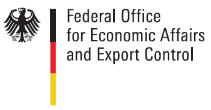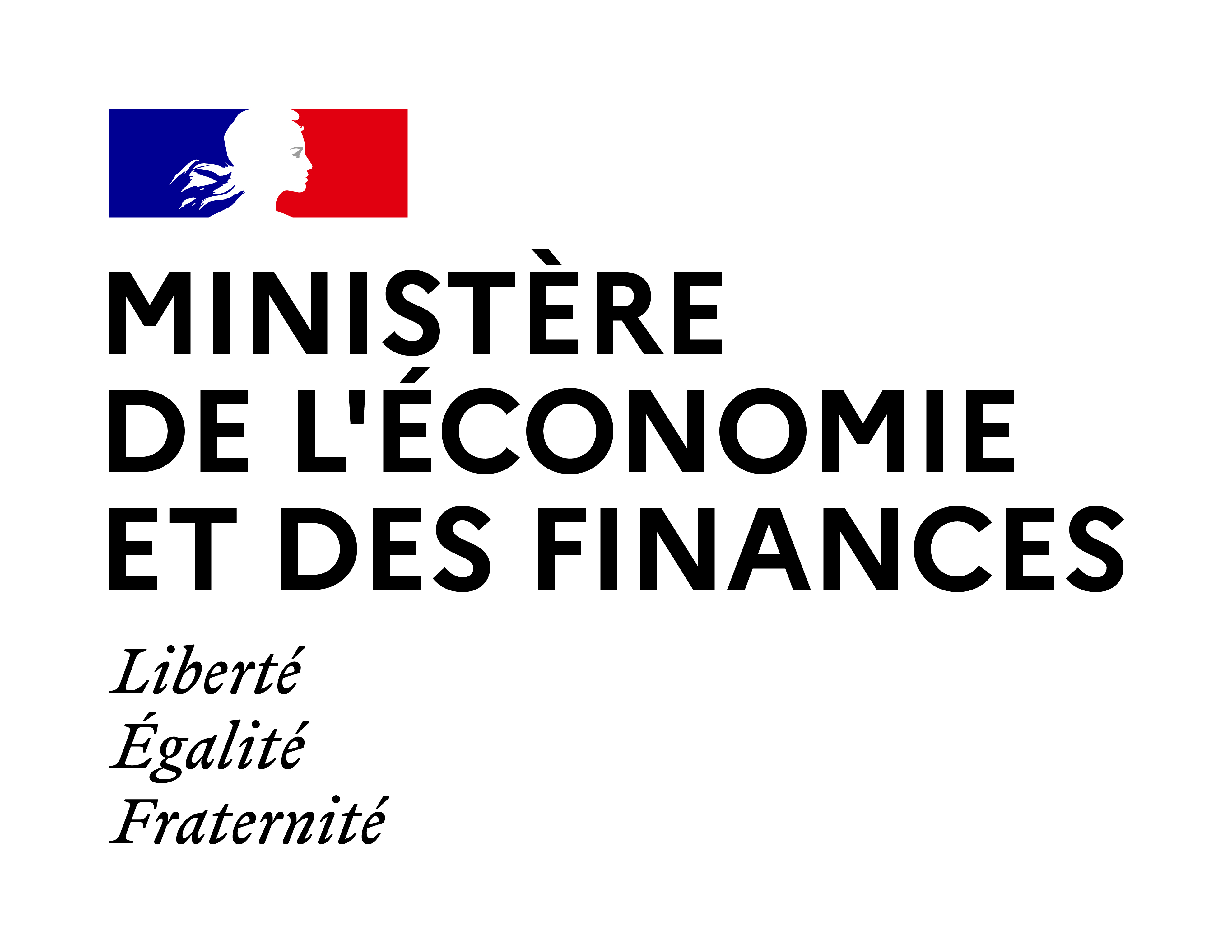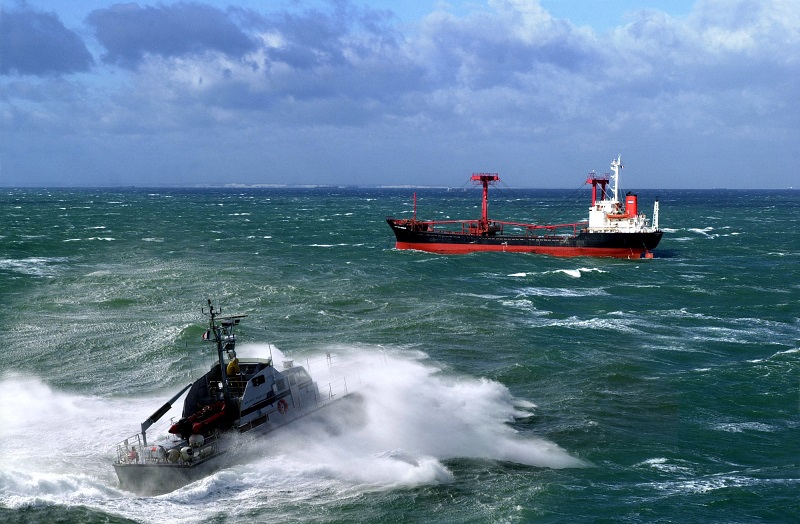European Union “Partner-to-Partner” Export Control Programme for Dual-Use Goods
Objective
-
€6mBUDGET
-
29/12/2023PROJECT START
-
36 monthsDURATION
EU P2P: a programme to strengthen export controls on the trade of dual-use goods
 The EU P2P Programme aims to contribute to the establishment, consolidation and update of effective strategic trade control (STC) systems for dual-use goods.
The EU P2P Programme aims to contribute to the establishment, consolidation and update of effective strategic trade control (STC) systems for dual-use goods.
Within the EU regulatory framework, dual-use goods are defined as “items, including software and technology, which can be used for both civil and military purposes, and includes items which can be used for the design, development, production or use of nuclear, chemical or biological weapons or their means of delivery.”
The European Union “Partner-to-Partner” Export Control Programme for Dual-Use Goods provides a long-term perspective for cooperation and mutual economic benefits through the convergence of trade controls. The partners work together and share their experiences and best practices to contribute to ensuring compliance with international obligations, including under the Chemical Weapons Convention (CWC), the Biological Weapons Convention (BWC), the Treaty on the Non-Proliferation of Nuclear Weapons (NPT) and, more specifically, UN Security Council Resolution 1540.
An international framework to prevent the proliferation of weapons of mass destruction
Through its Resolution 1540 (2004), the United Nations Security Council requires all States to refrain from providing any form of support to non-State actors concerning nuclear, chemical or biological weapons and their means of delivery. All States are required to adopt and enforce appropriate laws to this effect, as well as effective measures to prevent the proliferation of weapons of mass destruction (WMD).
The European Union has implemented this resolution with control measures that avoid impeding international trade between countries for peaceful purposes. Regulation (EU) n° 2021/821 provides for common control rules, a common list of dual-use items, as well as coordination and cooperation to support a coherent implementation and application throughout the EU. The regulation is binding and directly applicable in all EU Member States.
Balance security and trade development to increase the attractiveness of States
The attractiveness of a country for foreign investment is directly related to the existence of an effective system for strategic trade controls. Dual-use trade enables transfers of expertise, equipment and technologies that contribute to the development of innovation and the production of high-value goods for the economic prosperity of a country.
Dual-use export controls are established within the associated legal frameworks, which stipulate, for example, the criteria to take into account before deciding to approve or refuse a commercial activity. This includes:
• The sanctions imposed by the United Nations Security Council (on States, individuals or organisations)
• National security interests
• The end use and risk of diversion
All available information must be taken into account, which requires establishing mechanisms for exchanging information between the various stakeholders at national level. It generally concerns licensing authorities (control of trade) and law enforcement bodies (for example, customs, border control, the police and intelligence). When they make a decision on licence applications, the control authorities in the supplier countries take into account the declared or potential end use of the dual-use goods, the existence of control mechanisms on potential re-exports, and the effectiveness of their implementation.
Comprehensive coordination of action to control international trade
To address these challenges, the EU P2P programme is implemented alongside partner countries around the world, through roadmaps jointly defined by the various stakeholders. They include the provision of technical assistance, practical training, and exchanges of good practices.
The programme takes into account the coordination with other international initiatives and cooperation programmes for strategic trade controls. This ensures an optimal use of resources and a coordination of activities with the partner countries. In addition, it aims to promote dialogue with the private sector, and also covers the legal aspects, licensing and the enforcement of strategic trade controls.
The EU P2P programme benefits from access to the structures and networks of technical experts established by the EU CBRN Centres of Excellence Initiative in 64 partner countries around the world.
Awareness and training modules geared to the needs of partner countries
The EU P2P programme proposes awareness modules and thematic events covering a wide range of issues related to the prevention of proliferation and trade control mechanisms.
A European Union Common Training Toolkit (EUCOTT) has been developed, with various types of activities tailored to the priorities and levels of awareness of partner countries. They include online learning programmes, awareness workshops, advanced workshops, training (including “training of trainers”), case studies, and table-top exercises.
Customised activities can also be organised for countries facing specific challenges, in particular when border crises occur. Together with the partner countries, the project teams design, develop and regularly propose new activities to address international developments.
 Further information is available on the programme website
Further information is available on the programme website





